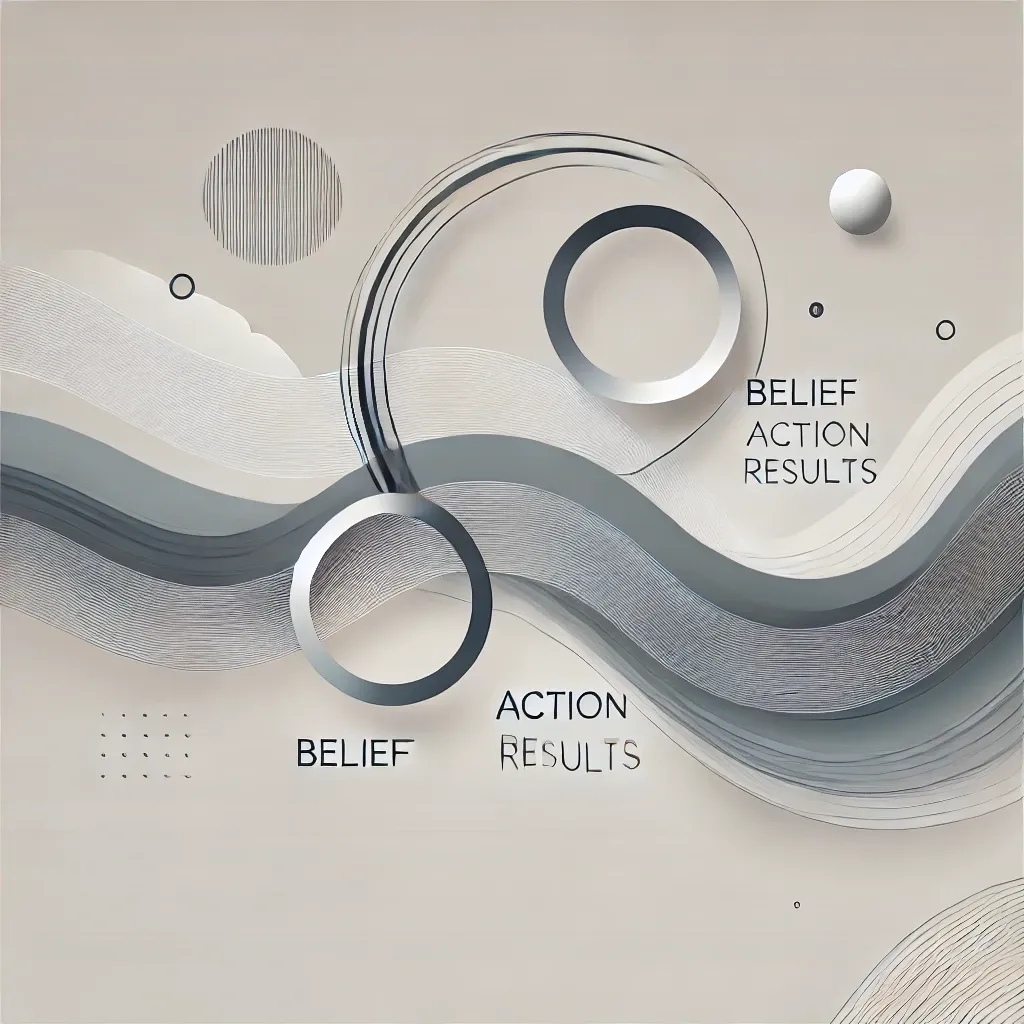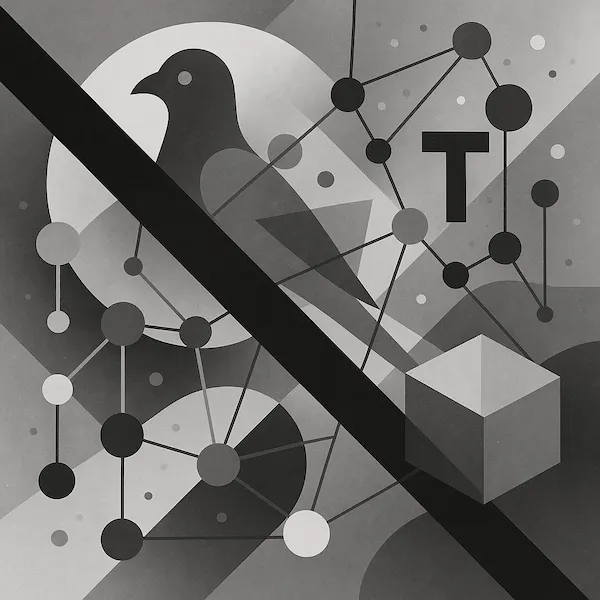To use the Family Guy line, you know what really grinds my gears?
The silent dread many of us feel when we hit our late 30s, 40s, or 50s. That creeping thought that maybe our best career moves are behind us. That we've somehow missed our window for meaningful growth or change.
I see this mindset everywhere – people settling into roles they've outgrown because they think "that's just how careers work." Friends who've given up on dreams because "it's too late to start over."
But this idea that careers peak early is flat-out wrong.
In fact, the evidence points in the opposite direction.
Here's just a snapshot across different industries:
Finance: 99% of Warren Buffett's wealth was accumulated after 65.
Business: After some bad luck and a failed career as a lawyer where he got into a brawl with a client in the courtroom (!), Colonel Sanders started KFC at 62.
Entertainment: Ricky Gervais created The Office at 40, Samuel L Jackson got his breakout role at 41, and Christopher Waltz got his English-speaking breakthrough at 52 (without whom, Inglorious Bast*rds wouldn't have been possible, according to Tarantino).

And that's just the famous examples.
In fact..
Napoleon Hill in his famous book, Think & Grow Rich, even said:
"Those who succeed in an outstanding way seldom do so before the age of 40. More often, they do not strike their real pace until they are well beyond the age of 50."
So imo, instead of thinking we're failures for not making Forbes 30 under 30, we should think the opposite:
The best years of our careers are still to come.
Why is this?
A few reasons:
🕸️ Your network compounds
In the tech world, we talk about the “network effect” - the more people who use, for example, a social media platform, the more valuable the platform becomes.
The key being, it’s not linear.
Every additional user adds a lot more than +1 to the network, because of all the relationships now possible, causing the network to grow like a snowball rolling downhill.
That’s the way your networks work too.
When you start out, you know a couple of people. By the time you’re 40 or 50, you might know (or have access to) hundreds, even thousands of people in your industry, giving you access to tens of thousands of second connections.
🩸 The Dip takes time
The Dip = the period between starting something and seeing results.
How long the Dip takes depends on the industry, but most people agree it takes ~10,000 hours to master a skill (and honestly, with AI, I think it could be brought down to even less).
For most people, that’d mean a decade of work to become truly world-class. So, if you find a career you like at 27? You might be 37 until you’re at the top of your game.

⏳ People skills & experience take time too
How do you disagree with your CEO without burning the bridge? How do you tell a hot-headed client their idea is dumb? And how do you emotionally handle you and your team when a product launch is a flop?
Answer:
You don’t really know, until you’ve actually tried.
As the saying goes, good decision-making comes from experience, and experience comes from bad decision-making.
And that’s why older people are valuable, and late-blooming is a thing:
Someone who’s actually been in the trenches for 20 years will have a huge body of practical knowledge that a newbie just won’t have.
In theory, there’s no difference between theory and practice. In practice, there is.

🤨 You got judgment
In the age of AI and automation, something interesting is happening: human judgment is becoming more valuable, not less.
Technical skills can be learned quickly or even automated. But there's no shortcut to developing the refined judgment that comes from decades of watching what works and what fails.
By midlife, you've developed an internal compass that's incredibly valuable:
- You can spot potential disasters before they happen
- You get good at knowing when to trust your gut and when not to
- You recognize patterns that aren't obvious to less experienced people
- You have an intuitive sense for which strategies will actually work (versus which just sound good in theory)
This isn't about being "better" than younger professionals – they bring fresh perspectives and skills we need. It's about recognizing that your experience gives you a different kind of value that only increases with time.

🕊️ Breaking out of your pigeonhole
One of the biggest obstacles to reinvention isn't ability – it's how others (and you) see yourself.
After years in the same role, people mentally put you in a box. "That's the marketing guy" or "She's an operations person." Breaking free requires two steps:
- Reframe your OWN narrative first. Look at your experience through the lens of transferable skills rather than job titles.
- Make that reframing visible to others. Update how you talk about yourself, starting with your LinkedIn profile.
Speaking of LinkedIn —
I kept seeing friends with amazing experience get zero messages on LinkedIn while others got flooded with opportunities. The difference wasn't their experience - it was how they optimized their profiles.
We built a free tool that shows you exactly how to optimize yours. Takes 30 seconds:
For example, if you’re trying to reinvent yourself as a creative person, say a UX designer, mention your passion for design in your LinkedIn headline, summary, etc. Then, write content about it! You have total control over how people see your professional self — take advantage of that.
🧪 Start with dabbling, not diving
The misconception: reinvention means dramatically quitting your job to start something completely new.
The reality: most successful pivots start small.
I've always loved comedy. Will I ever "reinvent" as a full-time comedian? Who knows – but incorporating humor into my work and my writing has created unexpected opportunities I'd have missed if I thought reinvention required a complete identity change.
Some practical ways to test new waters:
- Side projects that explore new skills
- Volunteering in fields you're curious about
- Taking on small responsibilities in your current role that align with your interests
- Finding mentors who've made similar transitions
This approach lets you explore without the pressure of needing immediate success. You can build skills, test if you actually enjoy the work, and create evidence of your capabilities before making bigger moves.
〰 Careers aren’t straight lines
Every career has its "breakouts", when preparedness meets opportunity. But, don't wait for that opportunity - practice and prepare for it, because a great opportunity will only make you look foolish if you're unprepared.
The path isn't "get degree → entry-level job → mid-level → senior → retire." Real careers zigzag. They have detours, side quests, and unexpected jumps.
And those breakout moments – when things suddenly accelerate – rarely happen on schedule. They come when preparation meets opportunity, often after what feels like too much time in the trenches.
When you reinvent, you'll be shocked how quickly things can move. Skills from your "past life" translate in ways you never expected.

And finally..
✃ Use your edge
If you're older, and you're starting to doubt yourself, remember: you've got huge "edges" over your younger peers, in networking, skills and experience.
Use them!
And if you've already achieved success?
The chapter of your career past 45 might be so significant, it could make your previous success a footnote.
That thing you've always wanted to try but thought it was too late for? It's not.
The dream that seems unrealistic after years in a different field? It's more possible than you think.
The artificial timelines we've created around careers – "by 30 you should be..." – are just that: artificial.
And your accumulated experience isn't baggage holding you back – it's the foundation that makes everything you build next stronger than if you'd started from scratch.


